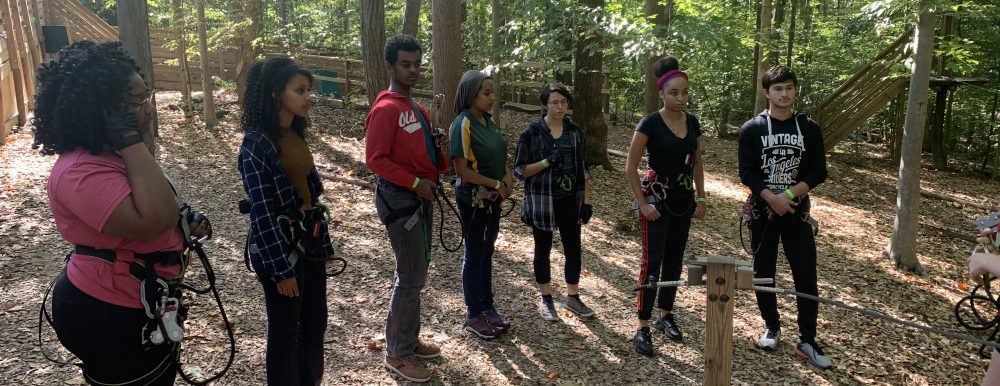There is a lot of talk these days about what students want in an employer. So many companies use the same terms, phrases, and descriptions—they start to sound the same. Here are four recommendations to help you stay focused on what is most important to you when looking for the right employer.
Know your values. Companies will talk about their values, purpose, vision, mission, and corporate culture. They spend a great deal of time defining those in such a way that it can mean very little personally to many people.
To know if what a company is saying fits who you are, you need to know what’s important to you. Figure out who you truly are and if the values of the potential employer match who you are. If they don’t match, don’t expect to find happiness or success there.
Network. Talk to people you respect and admire about how they were able to get where they are. They may have learned something that helped them get where they are. Ask questions. Listen to what they say before you try to figure out how you can apply their experiences to your life. People like to be heard and networking allows someone else to do the talking. This is where you’ll find more doors open for you.
Expand your focus. The big companies are great and provide a lot of opportunity. They hire many people every year and have great processes and structure in place. But don’t be afraid to look at smaller companies as well. Get to know the people you can work for. Interview them. In many cases, when you look at smaller companies, the people handling the interviewing are the people you will work for and with each day. There are many great opportunities outside the biggest name organizations. Explore those. They may be as good as or better than the big name companies.
Interview them. The difference in many entry-level job interviews versus an experienced interview is that most entry-level interviewees forget one key element of the process: it’s a dual interview. It’s the dating phase of employment.
You should be asking many questions. Don’t expect the interviewer to know what’s important to you. It’s your job to ask questions to test how the company will fit what you want while the employer tests you for what they want. Don’t leave it up to them to show you why they are great. Dig in to learn why they are good for you.
You wouldn’t date someone only by their resume or bio. You’d ask questions about what they like doing outside of what they are studying. Where they came from. What their family is like. What they want to be doing someday. How they spend their weekends. It’s the same thing in interviewing.
Employers expect you to ask those questions. Ask them. When you ask good questions, it sets you apart from other candidates for the job.
Article written by Tom Borgerding, President/CEO of the Campus Media Group, founded in 2002.
Courtesy of the National Association of Colleges and Employers.
